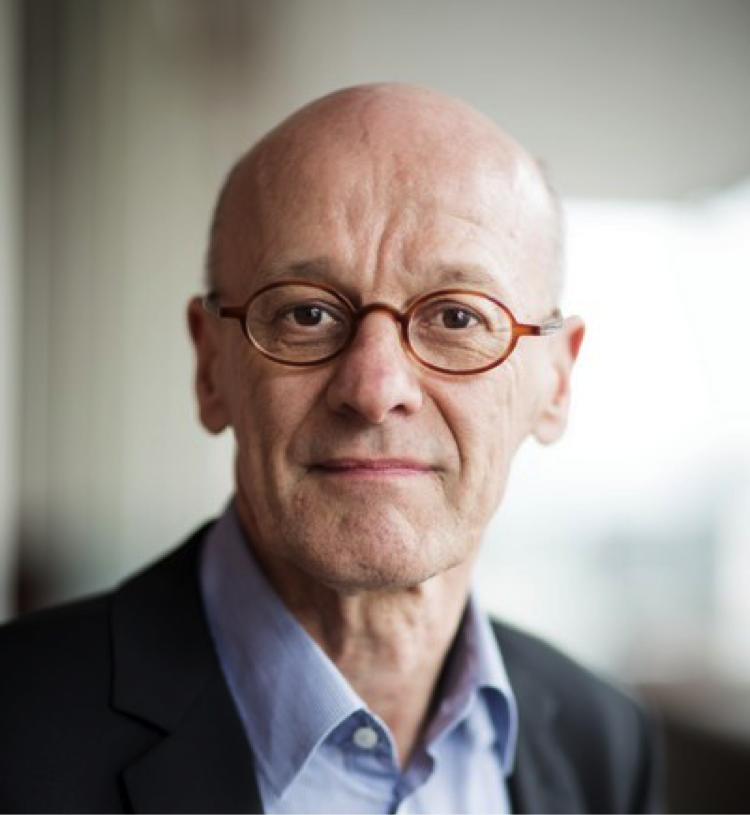[:kk][bt_section layout=”boxed” top_spaced=”topExtraSpaced” bottom_spaced=”bottomSpaced” skin=”dark” full_screen=”no” divider=”no” back_image=”3355″ back_color=”” back_video=”” video_settings=”” parallax=”0.1″ parallax_offset=”” el_id=”” el_class=”” el_style=”” vertical_align=”btBottomVertical” animation=”” animation_back=”” animation_impress=””][bt_row][bt_column width=”1/1″ align=”left” vertical_align=”inherit” border=”no_border” cell_padding=”default” animation=”no_animation” text_indent=”no_text_indent” highlight=”no_highlight” background_color=”” transparent=”” el_class=”” el_style=”” background_image=””][bt_header superheadline=”KERA Халықаралық Конференциясы” headline=”Жүзден жүйрік спикерлер” headline_size=”medium” dash=”bottom” subheadline=”” el_class=”” el_style=””][/bt_header][/bt_column][/bt_row][/bt_section]

Тео Вуббельс
Ол физика мұғалімі және Монтессори орта мектеп директоры болып жұмыс істеді, білім беру институтында педагогикалық білім доценті және директоры, жоғары оқу орнынан кейінгі білім және жоғары білім беру мен мұғалімдер оқыту орталығында жұмыс істеді. Ол 1991 жылдан бастап (1994-2002) Ұлттық білім беру институтының деканы болды, содан кейін әлеуметтік және мінез-құлық ғылымдар факультетінде жұмыс істеді.
5700 студенттер оқитын кафедраның білім беру басқармасы төрағасы мен оқу бойынша деканның орынбасары болып тағайындалды. Оның негізгі зерттеу саласы: физиканы оқытудың мәселелері, жаңадан бастаушы мұғалімдердің проблемалары, жоғары білім жүйесінде сабақ беру мен оқыту, қоршаған ортаны зерттеу және білім беру саласындағы тұлғааралық қарым-қатынастың ерекшеліктері. Оның ең соңғы жұмысы көпұлтты топтар, мұғалімдердің тұлғааралық қарым-қатынас пен тұлғааралық мінезін-бағалау саласында жазылған. Оның жұмыстары кеңінен халықаралық журналдар және кітаптарда басылып шығарылды, ол сондай-ақ ғылыми-зерттеу білімі бойынша Американдық ассоциациясының (AERA) мүшесі болып табылады. Қазіргі уақытта, ол Голландия жоғары оқу орындарының қауымдастығы жанындағы педагогикалық білімді жақсарту бағдарламасының менеджері, сондай-ақ білім және ғылыми-зерттеу Еуропалық қауымдастығының (EERA) президенті болып табылады.
Тиімді жоғары білім: теория және саясат
Білім (Жоғары) тиімділігіне әсер ететін факторлар туралы мағлұмат көп. Тапсырмаға кететін уақыт, оқу ақысы, профессор және студент арасындағы қарым-қатынас, мұғалімді дайындау, жиі тестілеу, түрлі іс-шаралар арасында бәсекелестік, және басқа да көптеген факторлар оқушының білім алу үрдісіне әсер тигізеді. Факторлардың студент оқуына тікелей немесе жанама қалай әсер ететінін түсіндіретін кешенді теориясы туралы жеткіліксіз ақпарат бар. Бұл мақалада, мен студенттердің уақытын тапсырмаға арттыру жолдарын және тиімді студенттік оқыту бойынша түсінуге мүмкіндік беретін теориялық моделін ұсынамын. Бұл теория (жоғары) білім беру сапасын жақсартатын жолдарын тусінуге көмектеседі. Бұл жолдар университет саясатының барлық дәрежелерінде, соның ішінде жеке профессор, кафедра / факультет / университет және үкімет деңгейлерінде кездеседі.
[:ru][bt_section layout=”boxed” top_spaced=”topExtraSpaced” bottom_spaced=”bottomSpaced” skin=”dark” full_screen=”no” divider=”no” back_image=”3355″ back_color=”” back_video=”” video_settings=”” parallax=”0.1″ parallax_offset=”” el_id=”” el_class=”” el_style=”” vertical_align=”btBottomVertical” animation=”” animation_back=”” animation_impress=””][bt_row][bt_column width=”1/1″ align=”left” vertical_align=”inherit” border=”no_border” cell_padding=”default” animation=”no_animation” text_indent=”no_text_indent” highlight=”no_highlight” background_color=”” transparent=”” el_class=”” el_style=”” background_image=””][bt_header superheadline=”KERA Международная конференция” headline=”Инноваторы в образовании” headline_size=”medium” dash=”bottom” subheadline=”” el_class=”” el_style=””][/bt_header][/bt_column][/bt_row][/bt_section]

Тео Вуббельс
Эффективное высшее образование: теория и политика
[:en][bt_section layout=”boxed” top_spaced=”topExtraSpaced” bottom_spaced=”bottomSpaced” skin=”dark” full_screen=”no” divider=”no” back_image=”3355″ back_color=”” back_video=”” video_settings=”” parallax=”0.1″ parallax_offset=”” el_id=”” el_class=”” el_style=”” vertical_align=”btBottomVertical” animation=”” animation_back=”” animation_impress=””][bt_row][bt_column width=”1/1″ align=”left” vertical_align=”inherit” border=”no_border” cell_padding=”default” animation=”no_animation” text_indent=”no_text_indent” highlight=”no_highlight” background_color=”” transparent=”” el_class=”” el_style=”” background_image=””][bt_header superheadline=”KERA International Conference” headline=”Inspirational Speakers” headline_size=”medium” dash=”bottom” subheadline=”” el_class=”” el_style=””][/bt_header][/bt_column][/bt_row][/bt_section]

Theo Wubbels
Formerly he was among others physics teacher and principal in a Montessori high school, an associate professor and director of teacher education in the Institute of Education, an institute providing post graduate teacher education and center for teaching and learning in higher education. As a full professor in education from 1991 onwards he became dean of the Institute of Education (1994-2002) and then moved to the Faculty of Social and Behavioural Sciences. In this faculty with 5700 students he was among others chair of the Department of Education and associate dean for academic affairs. His main research interests developed in his career from the pedagogy of physics education, via problems and supervision of beginning teachers and teaching and learning in higher education to studies of learning environments and especially interpersonal relationships in education. His most recent work focuses on multicultural classes, assessment of teacher interpersonal behaviour, teacher learning and teacher cognitions about interpersonal relationships. He published widely in international journals and books and is fellow of the American Educational Research Association. At present he is among others program manager of the Association of Dutch Universities for the improvement of teacher education and president of the European Educational Research Association.
Effective higher education: theory and policy
There is a wealth of knowledge on factors that influence the effectiveness of (higher) education. We know, for example, that student time on task, tuition fees, professor-student relationships, training of professors, frequent testing, competition between activities and many other factors influence student study success. What is lacking is a comprehensive theory on how different factors directly or indirectly influence studentlearning. In this presentation I will propose such a theoretical model and elaborate on ways to strengthen student time on taskand effective student learning activities.This theory helps finding the best levers to pull for improving (higher) education. These levers can be found at all levels of policy-making: the individual professor, the department/faculty/university and the government.
[:]

Recent Comments